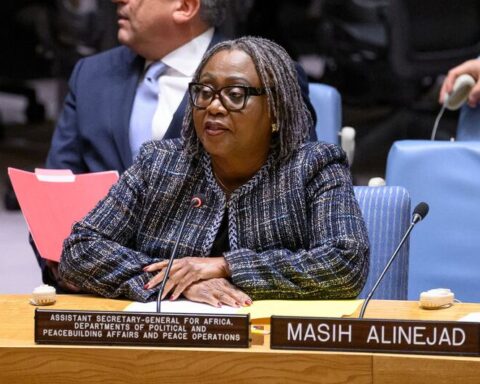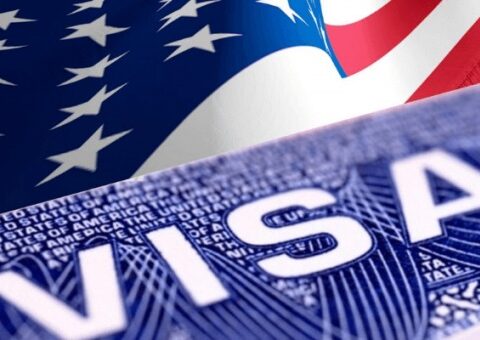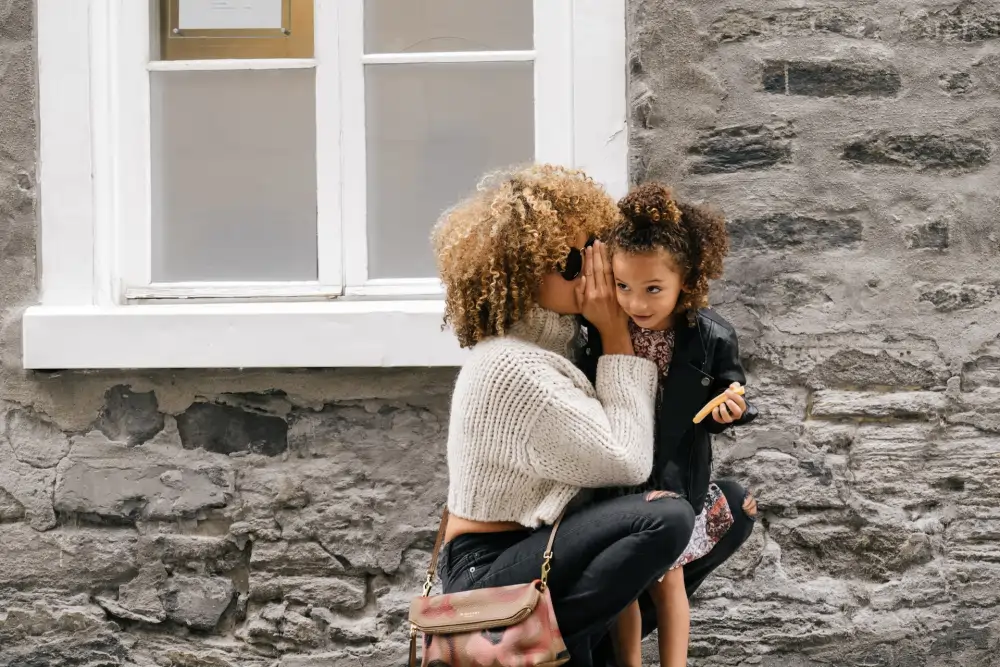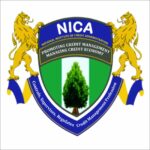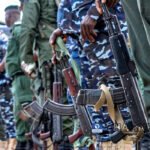By Oluwasore Alabi
On September 11, 2001, the United States faced one of the deadliest terrorist attacks in modern history. Four planes were hijacked by members of the terrorist group al-Qaeda. Two of the planes crashed into the Twin Towers of the World Trade Center in New York City, another hit the Pentagon in Washington D.C., and the fourth, United Airlines Flight 93, crashed in a field in Pennsylvania after passengers fought back. Nearly 3,000 people lost their lives that day, and the world was never the same.
The events of 9/11 changed how nations think about security, travel, and global cooperation against terrorism. Airports around the world tightened their security rules. Intelligence agencies increased their efforts to stop future attacks. The U.S. and its allies also launched the War on Terror, which led to military actions in Afghanistan and later Iraq.
Beyond security, 9/11 deeply affected how people see each other. There was an outpouring of unity and support in many countries. But sadly, it also brought a rise in fear, suspicion, and discrimination, especially towards Muslims and people from the Middle East. This reminds us how important it is to separate the actions of a few from entire communities.
For many people, 9/11 is not just history, it is personal. Families lost loved ones, first responders lost colleagues, and survivors live with lasting trauma. Each year, memorials and moments of silence are held to honor those who died. These acts of remembrance are important because they help us keep the lessons of 9/11 alive.
Twenty-four years later, the world is still facing challenges from terrorism, conflict, and division. But 9/11 teaches us that even in the face of great tragedy, people can come together, support one another, and work toward peace. We remember not just the horror of that day, but also the courage, unity, and hope that followed.

